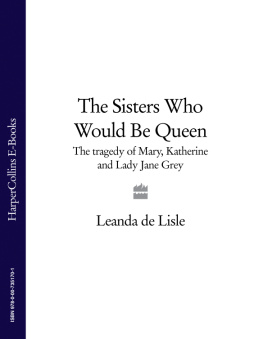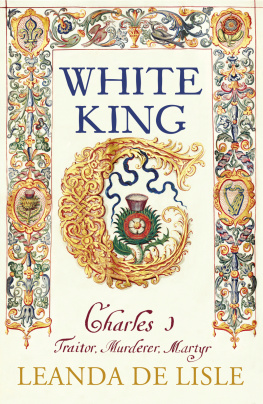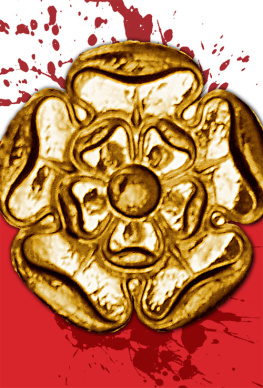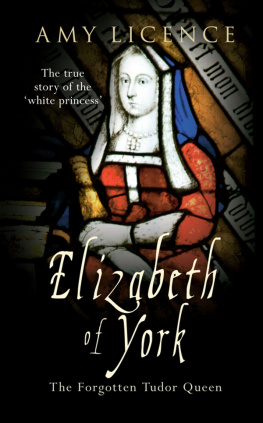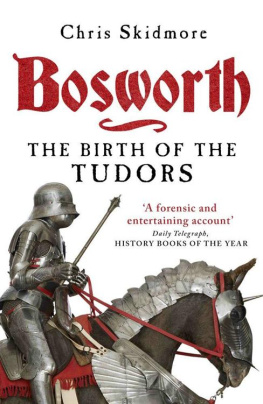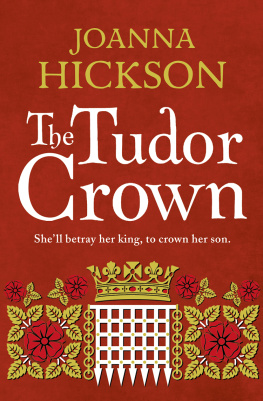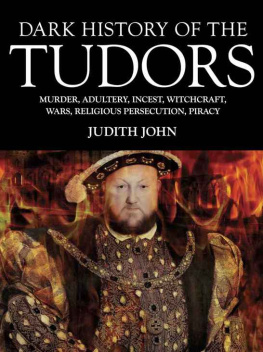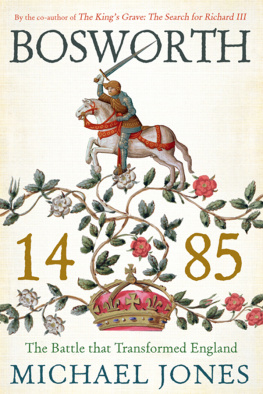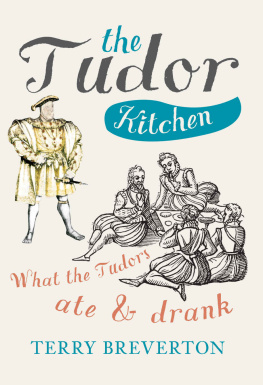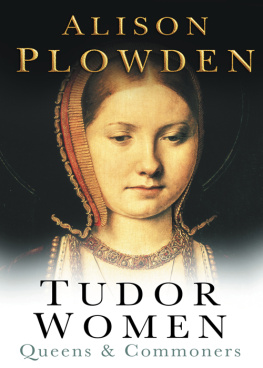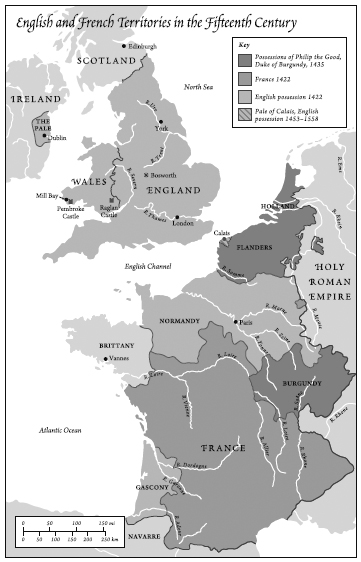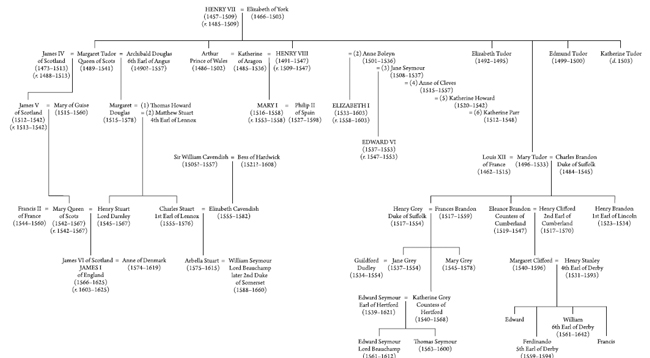Leanda de Lisle - Tudor: Passion. Manipulation. Murder. The Story of England’s Most Notorious Royal Family
Here you can read online Leanda de Lisle - Tudor: Passion. Manipulation. Murder. The Story of England’s Most Notorious Royal Family full text of the book (entire story) in english for free. Download pdf and epub, get meaning, cover and reviews about this ebook. year: 2013, publisher: PublicAffairs, genre: History. Description of the work, (preface) as well as reviews are available. Best literature library LitArk.com created for fans of good reading and offers a wide selection of genres:
Romance novel
Science fiction
Adventure
Detective
Science
History
Home and family
Prose
Art
Politics
Computer
Non-fiction
Religion
Business
Children
Humor
Choose a favorite category and find really read worthwhile books. Enjoy immersion in the world of imagination, feel the emotions of the characters or learn something new for yourself, make an fascinating discovery.

- Book:Tudor: Passion. Manipulation. Murder. The Story of England’s Most Notorious Royal Family
- Author:
- Publisher:PublicAffairs
- Genre:
- Year:2013
- Rating:5 / 5
- Favourites:Add to favourites
- Your mark:
Tudor: Passion. Manipulation. Murder. The Story of England’s Most Notorious Royal Family: summary, description and annotation
We offer to read an annotation, description, summary or preface (depends on what the author of the book "Tudor: Passion. Manipulation. Murder. The Story of England’s Most Notorious Royal Family" wrote himself). If you haven't found the necessary information about the book — write in the comments, we will try to find it.
The Tudor canon typically starts with the Battle of Bosworth in 1485, before speeding on to Henry VIII and the Reformation. But this leaves out the familys obscure Welsh origins, the ordinary man known as Owen Tudor who would fall (literally) into a Queens lapand later her bed. It passes by the courage of Margaret Beaufort, the pregnant thirteen-year-old girl who would help found the Tudor dynasty, and the childhood and painful exile of her son, the future Henry VII. It ignores the fact that the Tudors were shaped by their pastthose parts they wished to remember and those they wished to forget.
By creating a full family portrait set against the background of this past, de Lisle enables us to see the Tudor dynasty in its own terms, and presents new perspectives and revelations on key figures and events. De Lisle discovers a family dominated by remarkable women doing everything possible to secure its future; shows why the princes in the Tower had to vanish; and reexamines the bloodiness of Marys reign, Elizabeths fraught relationships with her cousins, and the true significance of previously overlooked figures. Throughout the Tudor story, Leanda de Lisle emphasizes the supreme importance of achieving peace and stability in a violent and uncertain world, and of protecting and securing the bloodline.
Tudor is bristling with religious and political intrigue but at heart is a thrilling story of one familys determined and flamboyant ambition.
Leanda de Lisle: author's other books
Who wrote Tudor: Passion. Manipulation. Murder. The Story of England’s Most Notorious Royal Family? Find out the surname, the name of the author of the book and a list of all author's works by series.

